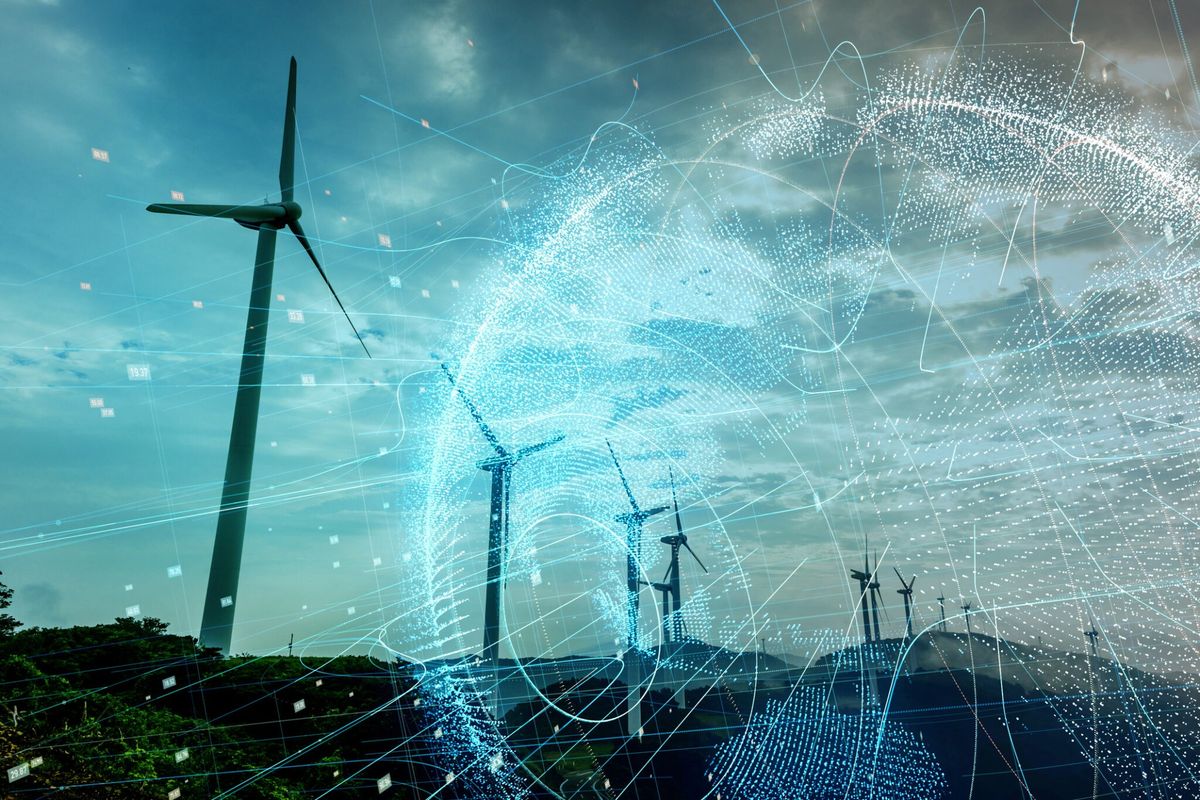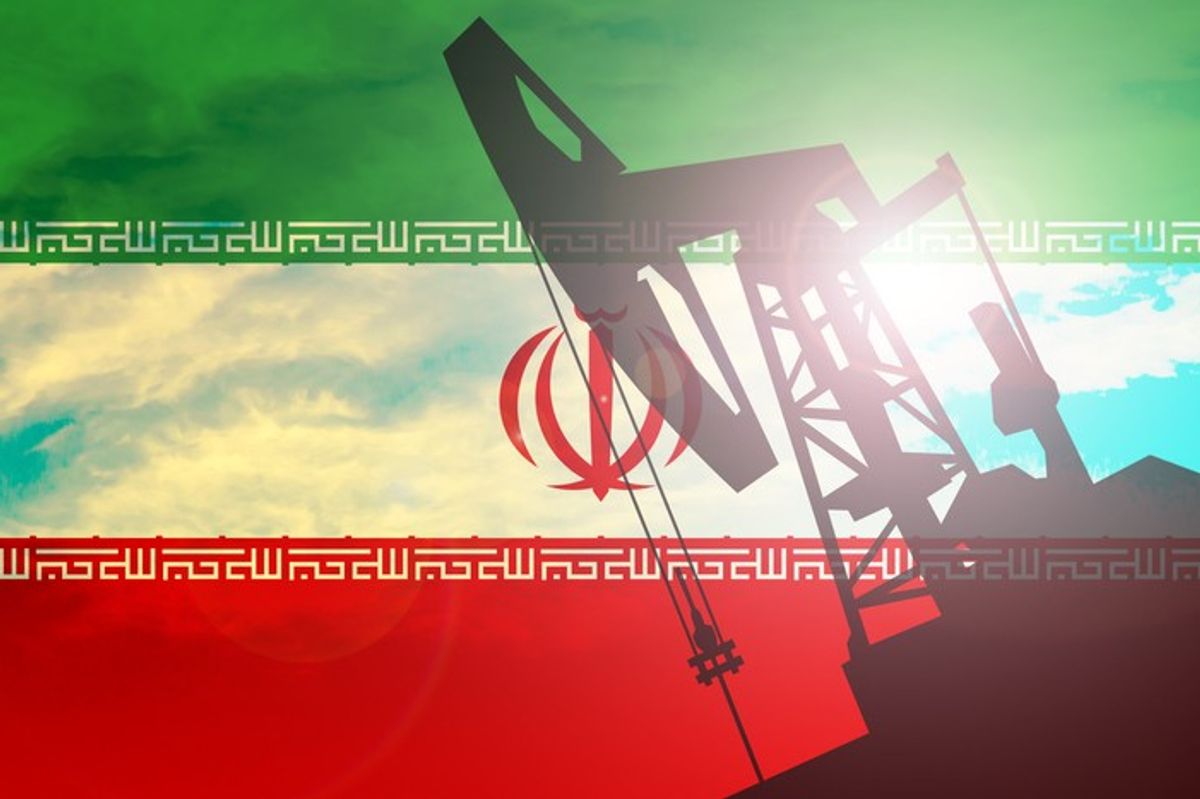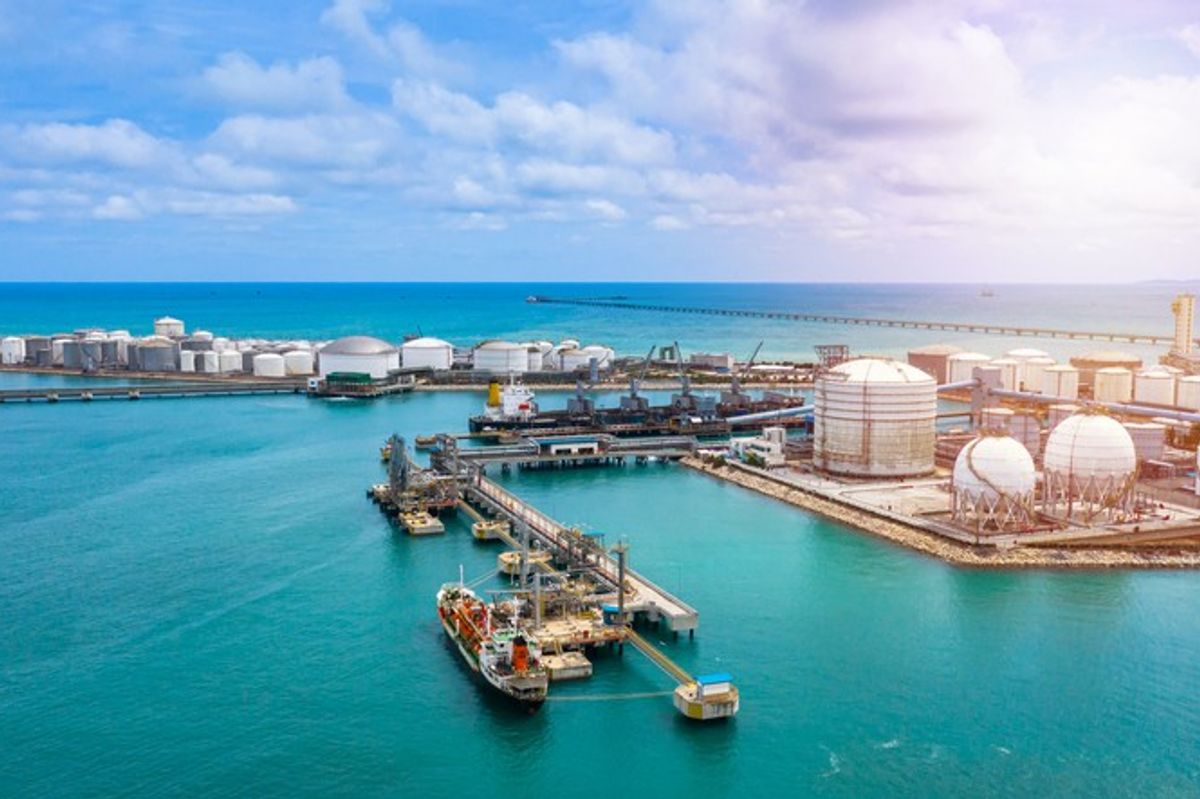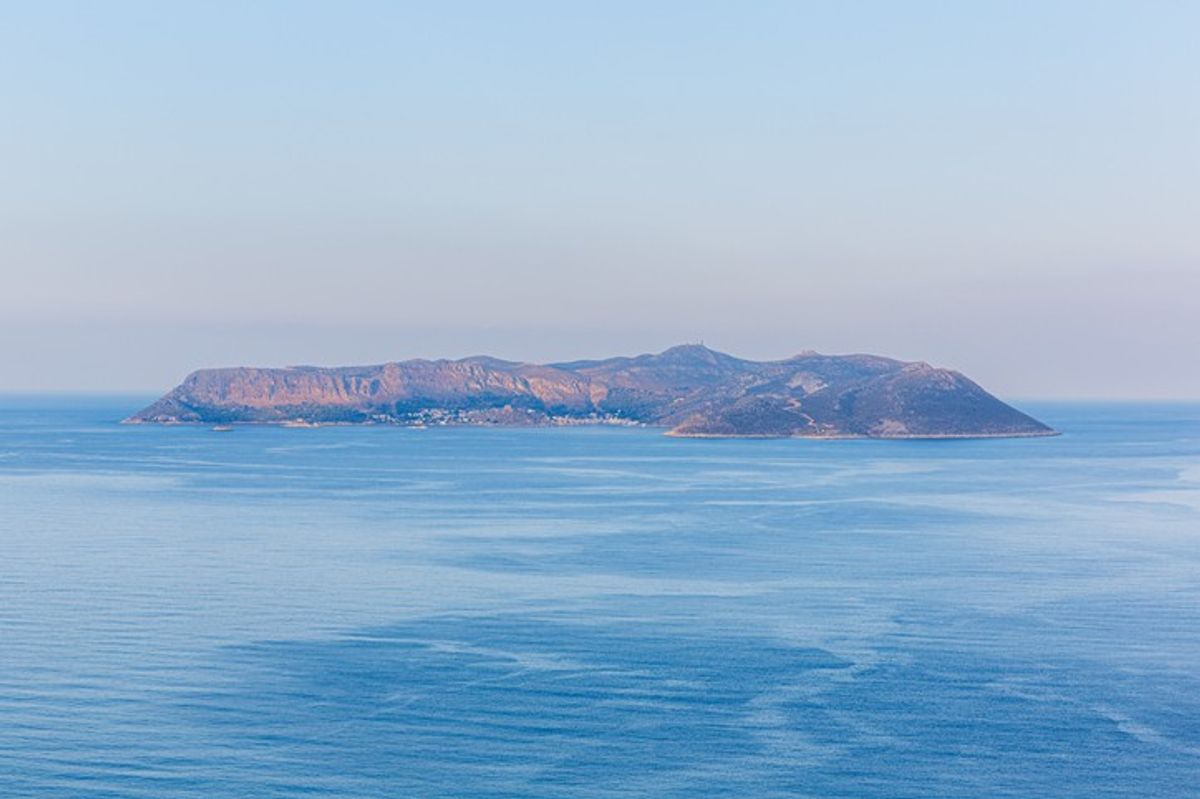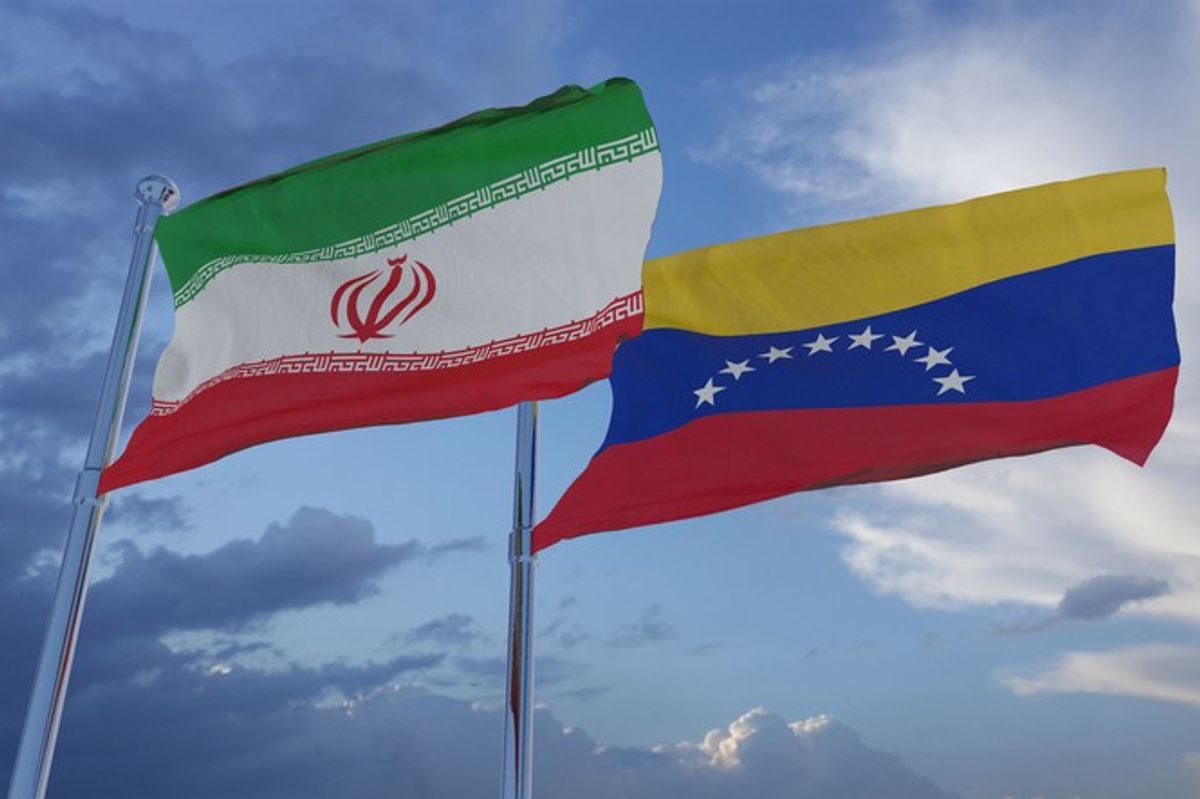Various assumptions have emerged in attempts to explain the resurgence of armed militancy in the Niger Delta since February. Some explanations seek to connect the renewed militancy to the failure of former President Goodluck Jonathan, a native of the Niger Delta, to secure a second four-year term (2015-2019) as President of Nigeria. This, they argue, could have sustained the gains of former militants who had contracts to protect oil installations in the region (via a 2009 amnesty agreement with the federal government).
Others argue that the renewed militancy is driven by the frustrations of several mid-level commanders and foot soldiers in the pre-2009 armed militancy, who felt short-changed in the amnesty deal and now have no prospects of a better settlement under President Muhammadu Buhari (who came to office in May 2015). There is also speculation that the resurgence of militancy in the region emerges from altruistic motives, such as commitments to the protection of the environment and minority rights of the Niger Delta people.
Following the resurgence of militant activities, the federal government has intensified security to protect critical oil infrastructure and workers in the region.
The most prominent militant group is Niger Delta Avengers (NDA), who declared “Operation Red Economy” to paralyze the Nigerian economy and has demonstrated capabilities to cripple the country’s economy through attacks on the oil industry. Besides their periodic attacks and online media releases, not much is known about the NDA.
What do we know about the Niger Delta Avengers?
The membership of the Niger Delta Avengers is elusive. Its numerical strength, leadership, and organizational structure remain concealed in secrecy. However, there is speculation that the NDA is comprised of former fighters and mid-level commanders, like Mujadin Asari Dokubo and Government Ekpemupolo, also known as Tompolo (they, however, have distanced themselves from the group).
The NDA spokesman, Murdoch Agbinibo, is assumed to be using that name as a pseudonym. This has heightened the uncertainty about the real membership of the group.
Still, some facts are evident. One, the members are very knowledgeable about the environmental terrain and critical oil installations in the Niger Delta creeks, as demonstrated by their choice of targets. Two, the NDA is also knowledgeable about the deployment of security personnel in the region, and know how and when to strike. Three, the NDA has built on gains from the previous armed militancy, before the 2009 amnesty deal.
What do they want?
The Niger Delta Avengers through online media released their demands which, among other things, include:
- Immediate implementation of the Report of the 2014 National Conference.
- Review of the ownership of oil blocks, with 60 percent going to oil-producing people and 40 percent to non-oil-producing people.
- Clean-up of Ogoniland and entire oil-producing communities in the Niger Delta.
- Unconditional release of Nnamdi Kanu, leader of the Independent Peoples of Biafra (IPOB), a separatist group seeking independence of Eastern Nigeria.
- Continued funding of the 2009 Amnesty Program.
- Trial of all APC (All Progressives Congress – the current ruling party) members alleged to have been engaged in any suspected cases of corruption.
Modus Operandi?
The NDA has the trained human resources, basic technology, access to operational funds, and requisite environmental intelligence necessary for its operations. Its propaganda machinery makes vital use of online platforms – such as its Facebook page, Twitter account, and website – for its operational and strategic communications. Through these online sites, the NDA has repeatedly threatened to bring the oil production level in Nigeria to zero. Subsequently, the group has repeatedly blown up oil infrastructure belonging to various multinational corporations operating in the Niger Delta.
Between February and July of this year, the NDA executed more than 10 attacks on oil infrastructure in the Niger Delta. These attacks were carried out mostly in Delta, Bayelsa, and Akwa Ibom states and affected oil infrastructure belonging to Agip, ExxonMobil, Shell, and Nigeria National Petroleum Company (NNPC). The NDA has further warned oil companies and their workers against repairing or working in oil facilities damaged by their attacks. In May, the Minister of State for Petroleum, Ibe Kachikwu, announced that activities of the NDA had reduced daily oil production from 2.2 million barrels per day (bpd) to about 1.4 million bpd – a reduction of about 800,000 barrels per day.
Official Response by Nigerian Government
The Nigerian government initially used outright coercion tactics, but this seems to have emboldened the NDA to undertake even more attacks. Former British Foreign Minister Philip Hammond has advised the Nigerian government to ensure the underlying causes of the conflict are addressed, because strictly military measures could end in disaster.
In June, governors of states in the region had discussions with Nigeria’s Vice President. The discussions created room for peace initiatives, which are expected to reduce tensions and subsequently restore an atmosphere of undisrupted oil production. It is important to note that the Buhari administration launched the clean-up of Ogoniland in June, which satisfies one of the NDA demands.
Current peace initiatives involving a former militant group, the Movement for Emancipation of the Niger Delta (MEND), through a group called the Niger Delta Dialogue and Contact Group (NDDCG), have been used as a platform for the Niger Delta people to speak with one voice. However, the NDA seems unwilling to collaborate with the MEND – a scenario which portends danger for the dialogue and peace process solicited by the federal government.
Implications of NDA Attacks
The first visible consequence of the renewed militancy in the Niger Delta is the loss of revenue to the Nigerian government (oil revenue is key to the implementation of the government’s budget, predicated on $38 per barrel and an export capability of 2.2 million barrels per day). The militants have threatened to bring Nigeria’s oil production and exports to zero. It is important to note that the NDA attacks on the oil sector have led to a decrease in the international supply of oil and an oil price increase to about $50 per barrel. However, Nigeria is unable to maximize the increase in oil prices, due to the loss of about 800,000 bpd from economic sabotage from the NDA. Moreover, Nigeria is now experiencing a slight recession.
In addition to these implications, the activities of the NDA have also affected the revenues of all states in the federation, especially the oil-producing states – which usually collect a 13 percent derivation from oil revenues generated in each state. This has adversely affected the capabilities of various states to effectively deliver public goods.
New splinter groups, such as the Ultimate Warriors of the Niger Delta (UWND), have also emerged, demanding among other things the restructuring of oil bloc allocation with 60 percent of oil blocs reserved for natives of the Niger Delta. The UWND also wants the federal government to approve the Delta Gas City project, a $16 billion export processing zone. The UWND has threatened to continue the bombing of oil infrastructure in the Niger Delta if their demands are not met.
Besides the UWND, the Ada Boro Avenger (ABA), another new militant group in the region, has through its spokesman, General Edmos Ayayeibo, called for secession from Nigeria. The group however withdrew its threat of secession claiming that some respected Niger Delta opinion leaders cautioned them against the move. There is no doubt that the threat of secession would have escalated the tensions beyond the region.
Meanwhile, the ABA has demonstrated interest in aligning with the NDA in pursuit of its objective. The audacity of the Niger Delta Avengers therefore lies in its proven capability to launch devastating attacks on critical oil infrastructures which has direct implication on Nigeria’s economy.




